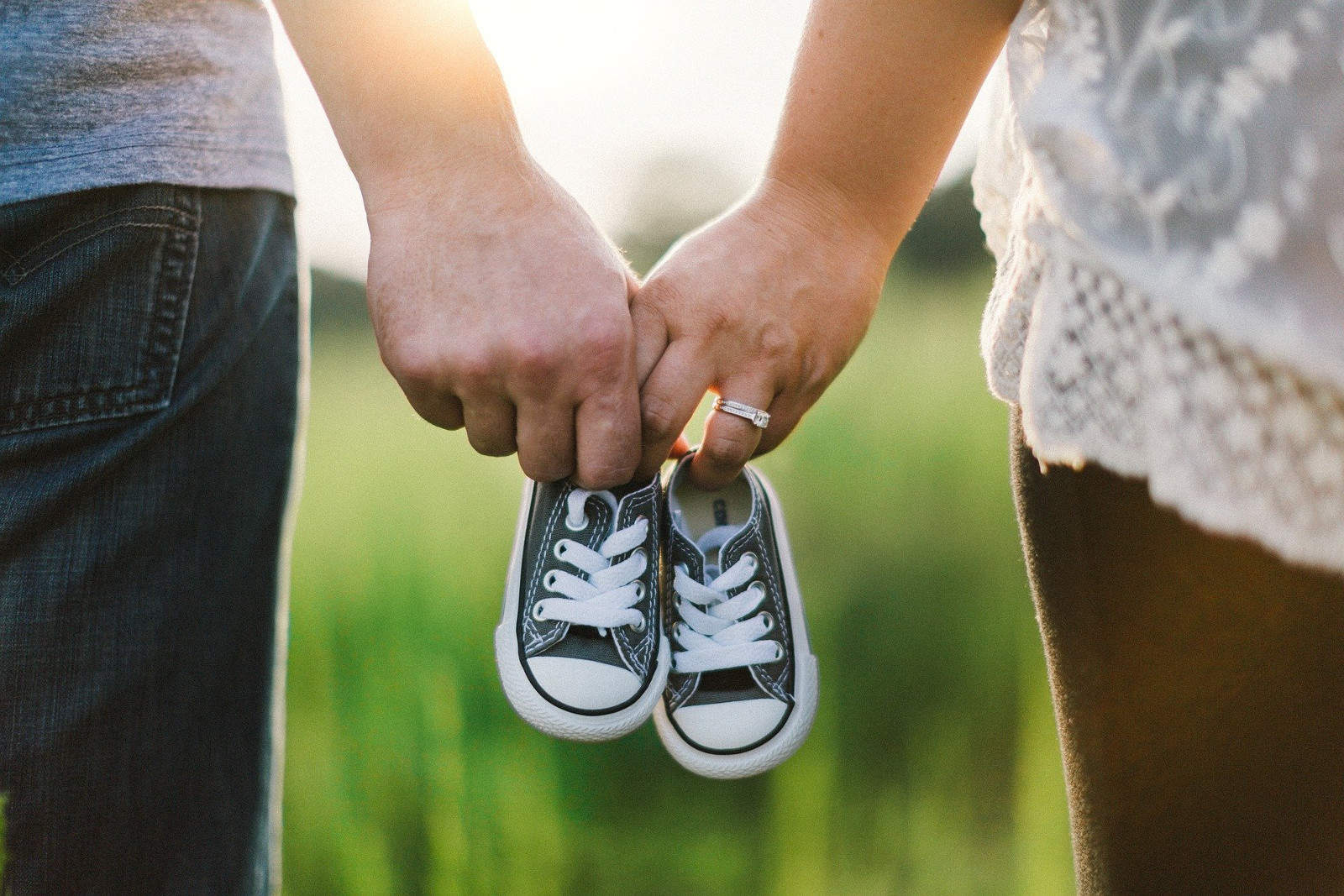GET IN TOUCH
Please contact us for more information. Our email is monitored seven days a week and we will get back to you shortly.

Sadly, children are sometimes born after one of their parents passes away – a posthumous birth or after-born child. In other cases, babies can be conceived well after one of their parents has passed away because of current and advancing reproductive technology. In such cases, is the after-born child entitled to receive any of their deceased parent’s intestate estate like a child who was born before one of their parent’s deaths would be? The answer can be yes and no; however, it is common for an after-born child to be entitled to the estate.
An important distinction made in the Wills, Estates and Succession Act (WESA) is whether the child was conceived before or after the parent’s death. As described in s.8 of the WESA,
“Descendants and relatives of an intestate, conceived before the intestate’s death but born after the intestate’s death and living for at least 5 days, inherit as if they had been born in the lifetime of the intestate and had survived the intestate.”
As per this provision, it’s clear that posthumous children conceived before their parent’s death are entitled to an inheritance. On the other hand, when the child is conceived after their parent’s death, there are specific conditions that must be met in order for the child to be entitled to the estate. In summary, the conditions are:

When all of these conditions are met, the child is entitled to receive an inheritance from the deceased parent exactly like a child born before their parent’s death would be. If, for example, the posthumous child was born 4 years after the parent’s death, the child would not receive any of the estate if the parent died without a valid will. They would only be entitled to their surviving parent’s estate, once they have passed.
If a posthumous child is entitled to inherit from the intestate estate, they will receive an inheritance as described by the guidelines on intestacy in WESA. For more information, read our blog post on how the WESA will distribute an intestate estate. In most cases, posthumous children can expect to split the estate with their surviving parent (with the parent receiving an additional $300,000 before the estate is split).
Minors in BC cannot receive an inheritance until they are 19 years of age or older. This means that the posthumous child would have their inheritance kept in a trust, or held by a trusted adult until they reach the age of 19. Once the posthumous child is no longer a minor, they will receive the entirety of the their inheritance.
When the deceased parent has not died intestate, the provisions for the child made in their will are to be followed. The distinction between posthumous or not, and if the child was conceived before or after death are irrelevant. When the parent has not died intestate, posthumous children do not need to worry about the courts overruling the will’s requests to follow intestacy directions.
If your child is an after-born child and you’re unsure if they are entitled to the deceased parent’s estate, contact an experienced estate lawyer today. We will ensure that your after-born child receives the inheritance that they are entitled to.
Have a question about this topic or a different legal topic? Contact us for a free consultation. Reach us via phone at 250-888-0002, or via email at info@leaguelaw.com.